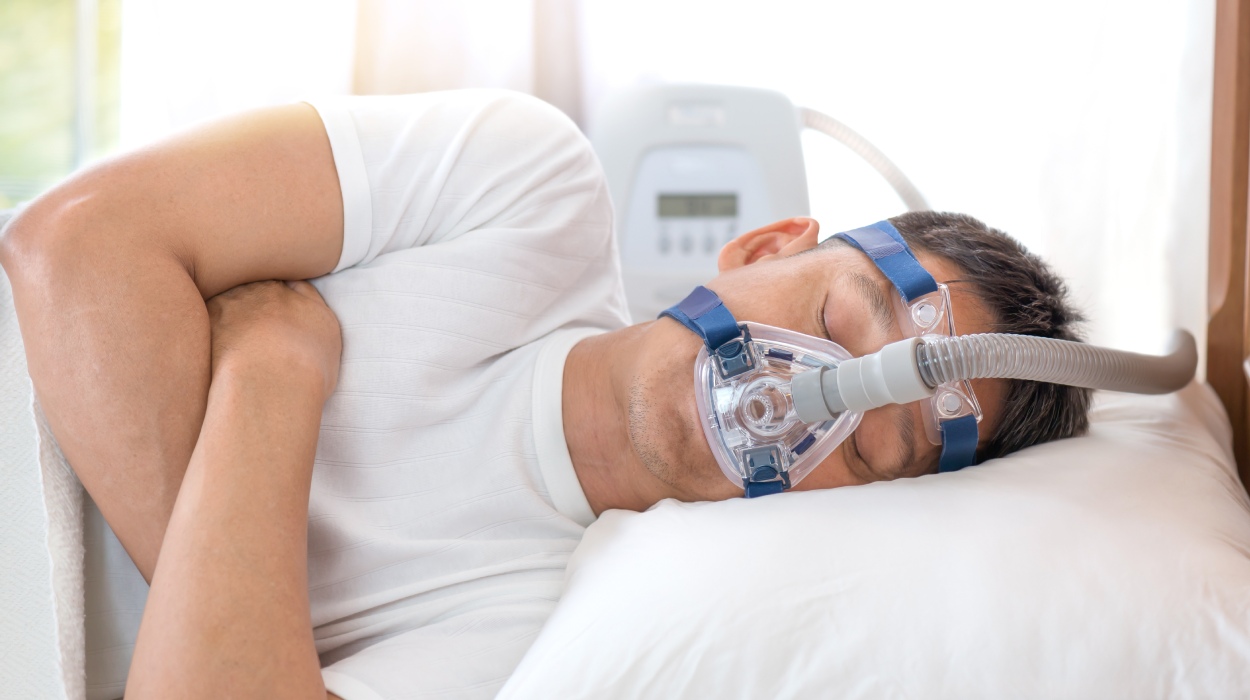
Snoring and Sleep Apnoea
Snoring
An estimated 40% of the UK population snore. As with many conditions, there is a wide range of severity amongst this group.
At worst, it is a social nuisance. However, if cohabiting with a partner, can potentially lead to relationship/marital disharmony, and occasionally, break-up. In severe cases, patients may have a serious condition called
obstructive sleep apnoea (OSA) – see below .
In many cases, the most important contributor to snoring/OSA is being overweight. Patients who are able to reduce their weight are very likely to also reduce their snoring. Smoking should also be reduced/stopped. Avoiding alcohol immediately before going to sleep will also help.
Conservative measures, such as a mandibular advancement device (MADs), which are a type of gumshield that hold the jaw forward to prevent the tongue from falling back, can be helpful.
In some cases, surgical treatment may be required.
Obstructive Sleep Apnoea (OSA)
OSA occurs as a result of complete obstruction of the upper airway at night. The upper airway essentially refers to the ‘pharynx’ – that is, the throat (oropharynx), and the region at the very back of the nose (nasopharynx). This obstruction is made much worse when there is too much tissue, as occurs in overweight people.
This obstruction occurs intermittently: as a person goes into deeper sleep, the muscles and tissues of the pharynx relax, and lose their tension. As air passes through the upper airway, the laws of physics mean that these tissues collapse and close off the airways.
This leads to awakening, regaining control of the airway muscles, and opening the airway again – but as soon as deep sleep occurs again, the cycle repeats itself.
This lends itself to poor sleep, daytime sleepiness, and the potential for accidents at work. Patients may have headaches, be irritable, and perform poorly at work. Furthermore, patients who drive are obliged to inform the DVLA.
To investigate this, the upper airway needs to be examined for any causes of obstruction that may be able to be addressed surgically. A sleep study may be helpful to make a diagnosis of sleep apnoea. This can direct doctors and the patient to the best mode of treatment.
Continuous positive airways pressure (CPAP) devices are often the mainstay of treatment for patients with OSA, and in some cases, surgery may be useful.
-
Between 2006 and 2019, around 1.45 million diagnostic sleep tests were completed in England.
-
Approximately 700,000 people in the UK are successfully using Continuous Positive Airway Pressure (CPAP) therapy.
-
An estimated 1.5 million adults in the UK are affected by OSA.
-
Up to 85% of these cases are undiagnosed and therefore untreated.
Get your question answered
If you have a question about anything related to ear, nose or throat health, or rhinology, please leave us a message below.
